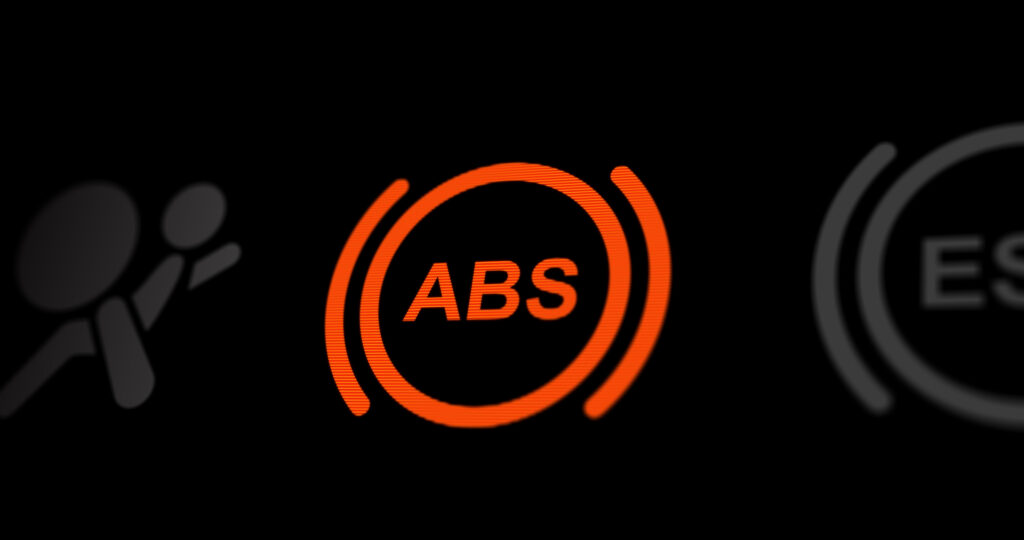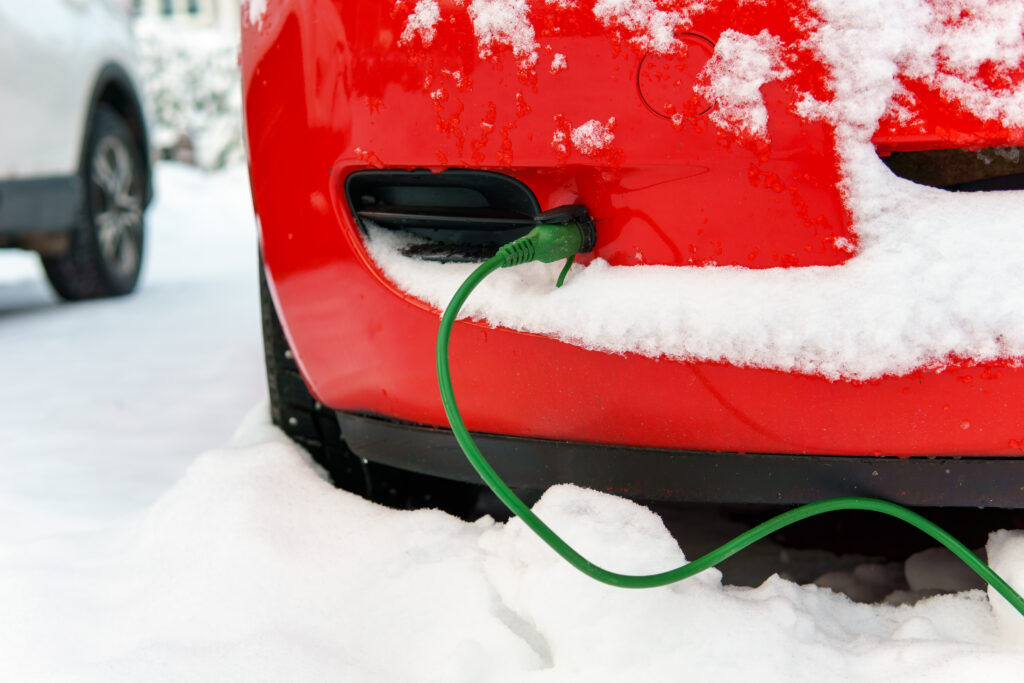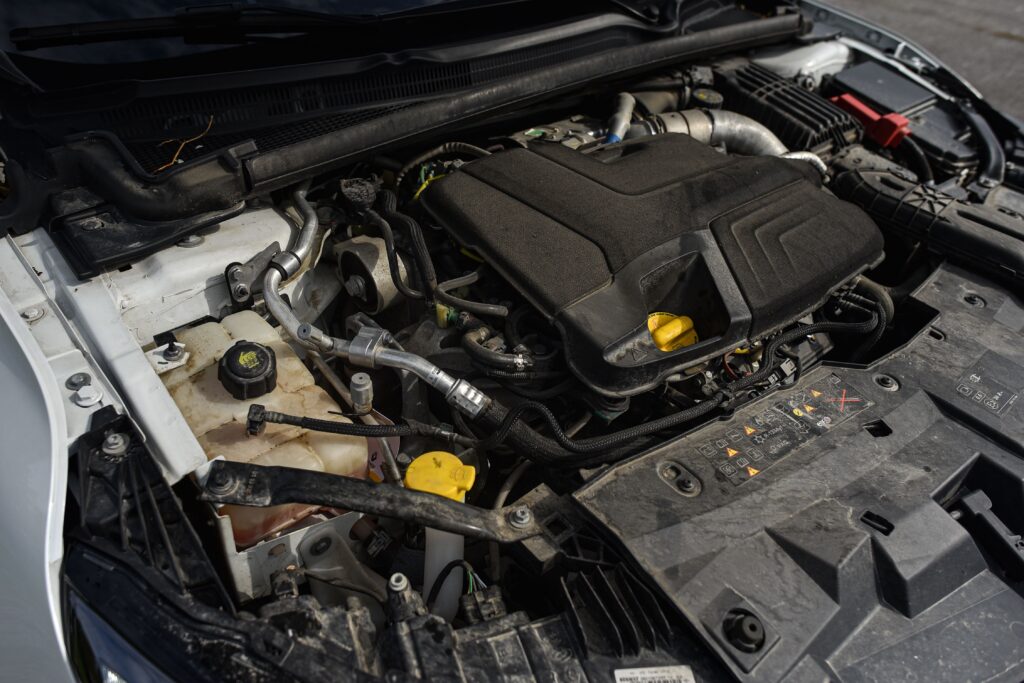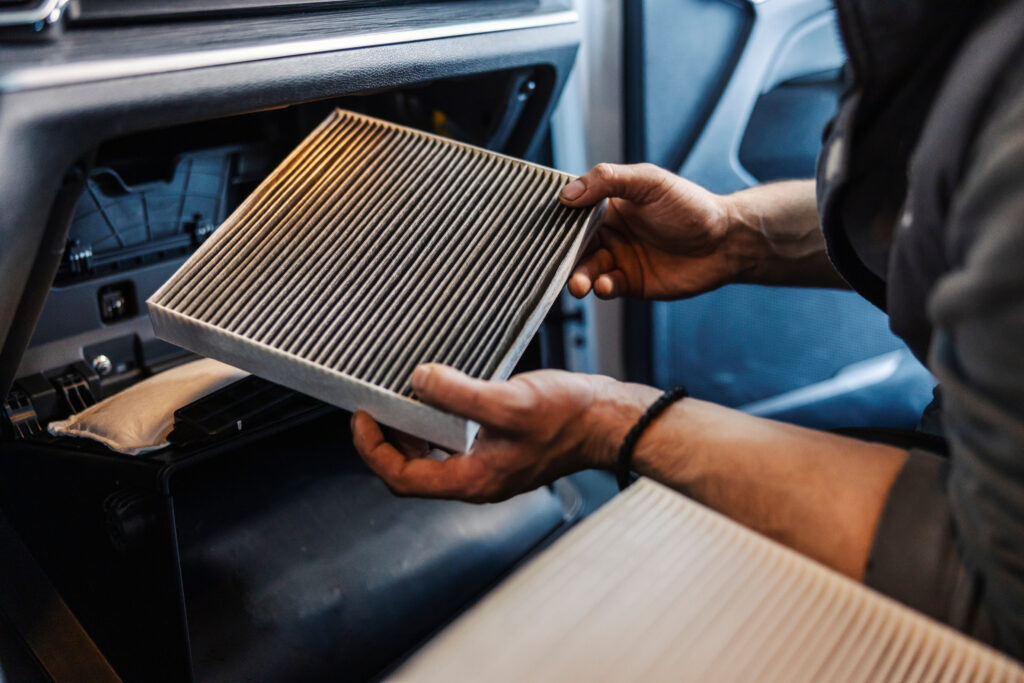So what are the most common transmission problems a vehicle can experience, and what can you do to fix them? We’ll cover that here, but first, let’s talk about transmissions and how they work.
Types of Transmissions
There are three types of transmissions: manual (using a clutch and a manual gearbox with a stick shift that you operate by hand), automatic transmissions (you select between park, reverse and drive, but otherwise it shifts itself), and CVT transmissions (Continuously Variable Transmissions, which use pulleys instead of gears). These transfer the engine’s power to the vehicle’s wheels.
How will you know if something is wrong?
Several indicators will clue you in that something is amiss with your transmission. Here are a few of the most common tell-tale signs.
- A transmission fluid leak (look for red or brownish-red spots or pools on your driveway).
- Your transmission shifts rough or slips out of gear, which may feel like the engine is revving up and down with no increase or decrease in vehicle speed.
- Your transmission won’t go into gear (the vehicle will not move).
- Your transmission is clunking, grinding, whirring, shuddering, or making a humming noise.
Don’t Want to DIY? Get in Touch!
The Most Common Transmission Issues
There are hundreds of specialized components in a typical vehicle transmission of any type. Any of these components can wear out or fail for various reasons. However, here are the most common issues.
-
Leaking Seals: When your vehicle’s transmission is low on fluid due to failed seals that cause a leak, it can lose so much fluid that the internal components don’t work correctly or fail.
-
Worn-Out Clutch: In manual transmissions, there are several components to the clutch that wear out or can fail over time, causing it not to work correctly.
-
Old or Dirty Filter: Filters need to be replaced periodically, as they can become dirty or clogged. These issues can restrict the movement of fluid in the transmission, which can cause it not to work properly or fail.
-
Broken Sensors: Transmissions rely on electronic sensors to operate correctly, and if one of them fails, it can cause your transmission not to work correctly or even cause damage.
-
Worn-Out Torque Convertor: In automatic transmissions, your vehicle relies on the torque converter to transfer power. When it fails, your vehicle won’t operate correctly.
-
Worn-Out Gears: As gears age, they begin to wear out, which can cause slipping (especially in manual transmissions).
-
Overheating: Just like your vehicle’s engine, your car’s transmission depends on fluids to help keep it cool. If your car has low fluid or dirty or worn-out fluid, it can overheat.
-
Bad Shift Solenoids: Solenoids are similar to sensors in that they tell the transmission what to do, but failed solenoids may be more expensive to replace.
-
Broken Bands: Your transmission has many bands that help bind the gear sets together that enable smooth, repetitive shifting. If they begin to wear, the components will begin not to engage and may break.
-
Software Failure: Besides sensors, your transmission uses software components to operate correctly and communicate with the rest of the systems in your car. If there is a software failure, your transmission may not work properly.
How do you fix it?
Depending on the issue (low fluid is an easy DIY job), most transmission problems can only be properly diagnosed and repaired by a reputable mechanic.
Most transmission repairs require specific tools and replacement parts to get them back in working order. This requires specialized experience and education, which is why you’ll want a professional automotive repair technician to address the issues.
Vehicle transmissions are one of the more complicated components of a vehicle and, consequently, more difficult to repair or replace.
How can you prevent your transmission from failing?
While not all failures can be prevented, proper transmission maintenance is the most important thing you can do to help keep your vehicle on the road and out of the shop. Having your vehicle’s transmission properly serviced and inspected regularly will save you both time and money, so schedule your preventative maintenance service today.





